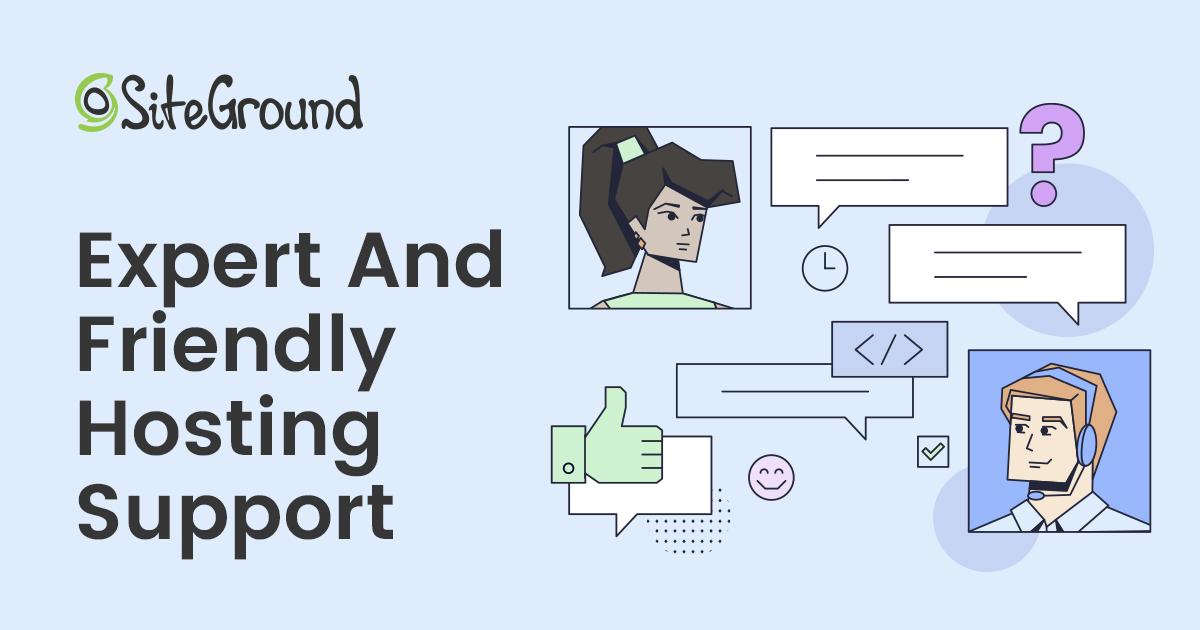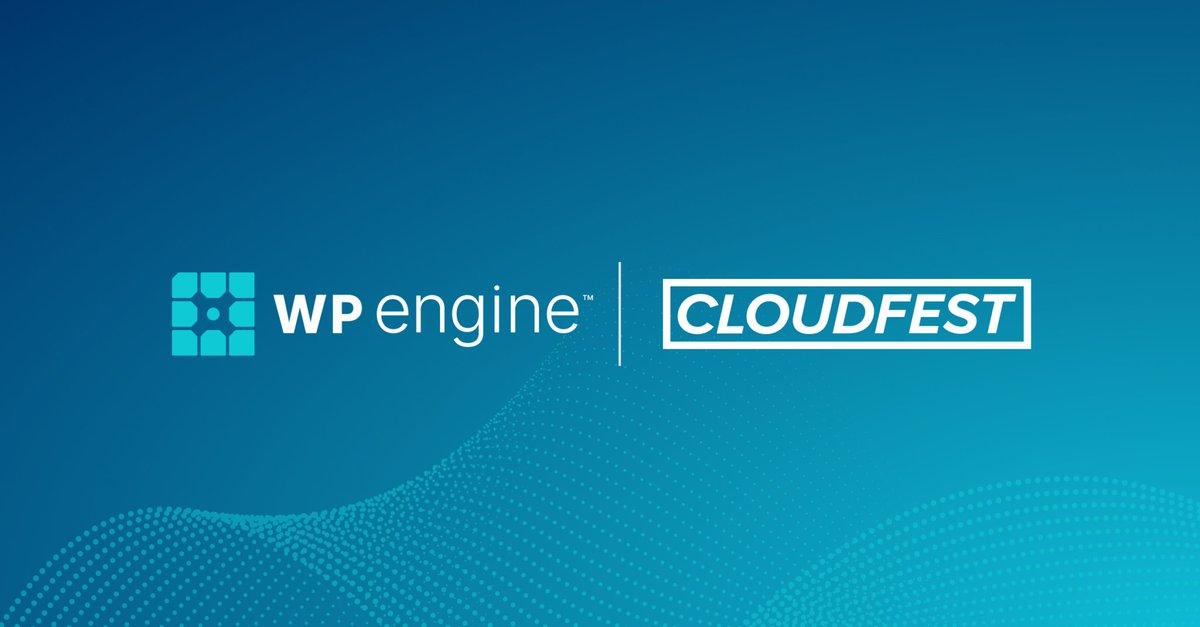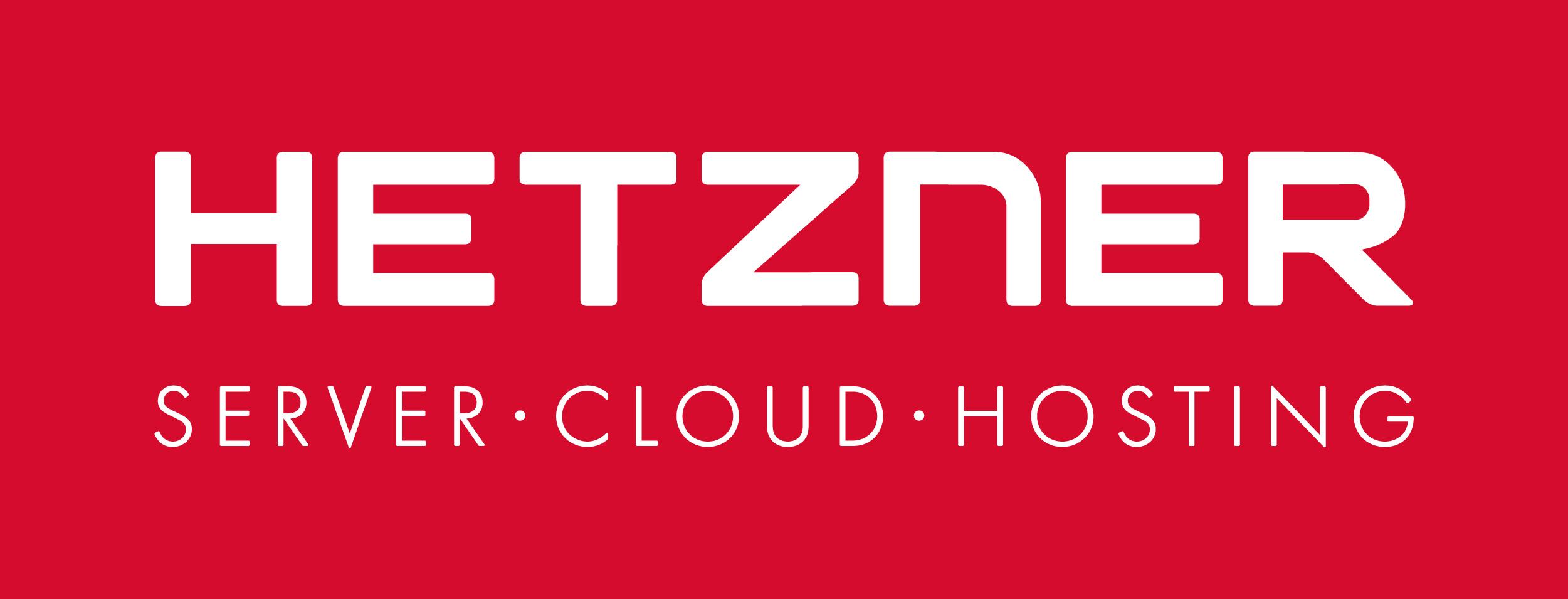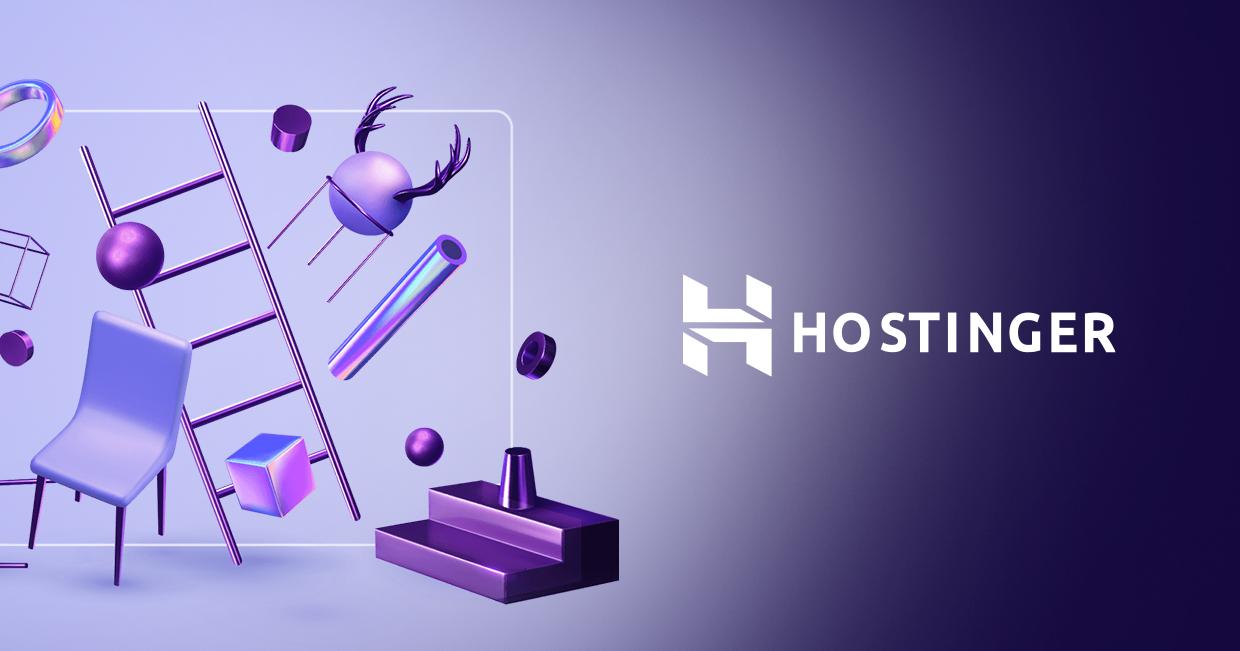
Are you ready to dive into the exciting world of web hosting but feeling a bit overwhelmed by the options? You’re not alone! With so many providers out there, it can be tough to figure out which one is the best fit for your needs. In this article, we’re going to compare two popular contenders: Hostinger and Web Hosting Hub. Whether you’re launching a personal blog, a portfolio site, or an online store, choosing the right hosting service is crucial for your success. As we explore the features, pricing, performance, and customer support of both platforms, we’ll help you make an informed decision for 2024. So grab a cup of coffee, settle in, and let’s get started on your journey to finding the perfect web host!
Understanding Hostinger and Web Hosting Hub
When diving into the world of web hosting, understanding the key players is crucial. Hostinger and Web Hosting Hub are two popular options that cater to different types of users, from beginners to seasoned professionals. Each offers unique features and benefits that can significantly impact your online presence.
Hostinger has made a name for itself with its affordable pricing and robust performance. Here are some standout features:
- Low-Cost Plans: Hostinger is famous for its budget-friendly plans, making it an excellent choice for startups and small businesses.
- Performance: With a high uptime guarantee, your website is less likely to face downtime, ensuring a seamless experience for your visitors.
- User-Friendly Interface: The custom control panel is designed for ease of use, allowing even novices to navigate their services without difficulty.
On the other hand, Web Hosting Hub positions itself as a provider focusing on customer support and specialized hosting solutions. Here’s what makes it unique:
- Outstanding Customer Support: Web Hosting Hub is known for its responsive and knowledgeable support team available 24/7.
- Free Website Migration: If you’re moving from another host, they offer hassle-free migration to help you transition smoothly.
- Unlimited Resources: Their plans include unlimited disk space and bandwidth, which is perfect for growing sites.
When comparing the two, pricing is often a deciding factor. Below is a quick overview of their introductory prices:
| Hosting Provider | Basic Plan Price | Features |
|---|---|---|
| Hostinger | $1.99/month | 1 Website, 30 GB Storage, 100 GB Bandwidth |
| Web Hosting Hub | $3.99/month | Unlimited Websites, Unlimited Storage, Unlimited Bandwidth |
It’s also essential to consider the scalability of your hosting provider. Hostinger is ideal for users who want to start with low-cost plans while having the option to upgrade as their needs grow. In contrast, Web Hosting Hub offers a more comprehensive solution right from the start with their unlimited resources, which can be very appealing for businesses expecting rapid growth.
choosing between these two providers largely depends on your specific needs and future plans. If you’re looking for affordability and excellent performance, Hostinger could be your go-to. However, if you prioritize customer support and scalability, Web Hosting Hub might be the better option for your online venture.

Key Features to Consider in 2024
When choosing between Hostinger and Web Hosting Hub for your 2024 web hosting needs, there are several key features to take into account. Each provider brings unique strengths to the table, making it vital to align your specific requirements with their offerings.
Performance and Speed: In the digital space, speed is crucial. Fast loading times can enhance user experience and improve your SEO rankings. Both Hostinger and Web Hosting Hub offer solid performance, but Hostinger is often recognized for its lightning-fast loading speeds due to its optimized servers and advanced caching technologies.
Customer Support: Reliable customer support can make or break your web hosting experience. Hostinger provides 24/7 live chat support, with a comprehensive knowledge base to help you troubleshoot issues on your own. Web Hosting Hub also offers 24/7 support through various channels, including phone and live chat, making it a strong contender for those who prefer more direct communication.
Pricing and Plans: Budget is always a key consideration when selecting a hosting provider. Hostinger is known for its competitive pricing, particularly for its shared hosting plans, which are often significantly cheaper than those of Web Hosting Hub. Here’s a quick comparison of their entry-level shared hosting plans:
| Feature | Hostinger | Web Hosting Hub |
|---|---|---|
| Starting Price | $1.99/mo | $3.99/mo |
| Storage | 100 GB | Unlimited |
| Free Domain | Yes | Yes |
| SSL Certificate | Free | Free |
Ease of Use: User-friendliness is essential, especially for beginners. Hostinger’s custom control panel is designed for simplicity, allowing users to manage their websites effortlessly. Meanwhile, Web Hosting Hub offers a cPanel interface that many users find intuitive, especially if they have prior experience with cPanel.
Scalability: As your online presence grows, so will your hosting needs. Both providers offer scalable solutions, but Hostinger provides a wider array of options, making it easier to upgrade as your requirements expand. This is particularly beneficial for businesses planning to grow rapidly.
Security Features: In 2024, safeguarding your website is more crucial than ever. Hostinger includes features such as free SSL certificates, automated backups, and advanced security measures like DDoS protection. Web Hosting Hub also emphasizes security, providing daily backups and robust firewalls, ensuring your data remains protected.
both Hostinger and Web Hosting Hub have their distinct advantages. By assessing these key features tailored to your specific needs, you can make a well-informed choice that aligns with your goals for 2024 and beyond.
Performance Comparison: Speed and Reliability
When choosing a web hosting provider, two critical factors come into play: speed and reliability. Both Hostinger and Web Hosting Hub have made a name for themselves in the industry, but they cater to different user needs. Let’s break down how they stack up against each other in these key areas.
Speed
In the realm of web hosting, speed is paramount. A slow website can lead to high bounce rates and lost customers. Here’s how each provider measures up:
- Hostinger: Known for its lightning-fast load times, Hostinger uses LiteSpeed servers and offers caching solutions that can significantly enhance website performance. Users often report page loading times averaging around 200 ms.
- Web Hosting Hub: While Web Hosting Hub provides decent speed, their shared hosting plans can sometimes compromise performance during peak traffic periods. Average loading times hover around 800 ms.
Based on these statistics, if speed is your primary concern, Hostinger is clearly the winner. But let’s not forget about reliability, which is equally important for keeping your site accessible.
Reliability
Reliability ensures that your website remains accessible and functional 24/7. Here’s a closer look at how both services handle uptime and support:
- Hostinger: Offers a robust uptime guarantee of 99.9%, backed by a proactive monitoring system. Users consistently praise their excellent customer support, which is available 24/7.
- Web Hosting Hub: Also boasts a 99.9% uptime guarantee, but anecdotal reports suggest that their response times can be slower compared to Hostinger, especially during high traffic situations.
To further illustrate the performance comparison, here’s a quick table summarizing the key metrics:
| Feature | Hostinger | Web Hosting Hub |
|---|---|---|
| Average Load Time | 200 ms | 800 ms |
| Uptime Guarantee | 99.9% | 99.9% |
| Support Availability | 24/7 | 24/7 |
while both Hostinger and Web Hosting Hub offer commendable uptime, Hostinger takes the lead with superior speed and more responsive support. If performance is your priority, particularly when it comes to loading times, Hostinger is the clear choice. However, Web Hosting Hub still provides a reliable service, making it a suitable option for users with less demanding needs.
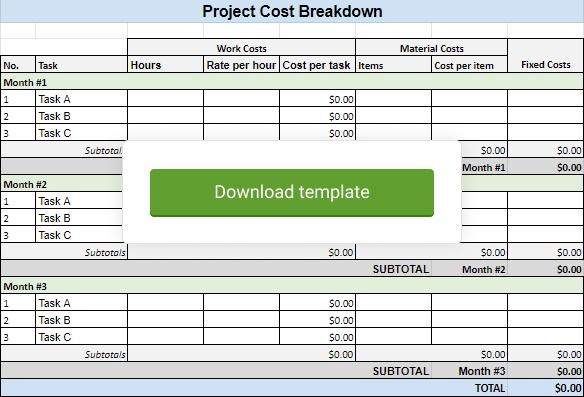
Pricing Breakdown: Which Offers the Best Value?
When it comes to choosing a web hosting provider, price is often one of the first considerations. Understanding what each provider offers for the cost can help you make a more informed decision.
Hostinger stands out for its affordable plans, making it a popular choice for budget-conscious users. Their entry-level shared hosting plan starts at an incredibly low rate, especially for the first term. Here’s a quick glance at what their pricing looks like:
| Plan | Price (per month) | Features |
|---|---|---|
| Single Shared Hosting | $1.99 | 1 Website, 30GB SSD Storage, Free SSL |
| Premium Shared Hosting | $2.99 | Unlimited Websites, 100GB SSD Storage, Free SSL |
| Business Shared Hosting | $3.99 | Unlimited Websites, 200GB SSD Storage, Free SSL, Daily Backups |
On the other hand, Web Hosting Hub also offers competitive pricing, especially when it comes to its user-friendly approach. Their plans typically come with more robust features, but at a slightly higher price point. Here’s what you can expect:
| Plan | Price (per month) | Features |
|---|---|---|
| Starter Plan | $4.99 | 1 Website, Unmetered Disk Space, Free SSL |
| Business Plan | $5.99 | 3 Websites, Unmetered Disk Space, Free SSL, $100 Marketing Credit |
| Pro Plan | $8.99 | Unlimited Websites, Unmetered Disk Space, Free SSL, $200 Marketing Credit |
Both providers offer a range of options, but the overall value may depend on your specific needs:
- For Basic Users: If you’re just starting and need a simple site, Hostinger’s low-cost plans are hard to beat.
- For Growing Businesses: If you anticipate growing quickly, Web Hosting Hub’s business-oriented features, despite the higher cost, could provide better long-term value.
- Feature Enthusiasts: If extra features like daily backups and marketing credits are important, Web Hosting Hub might be the way to go.
- Budget-Conscious Developers: Hostinger’s plans are also attractive for developers working on multiple small projects.
The final verdict on value comes down to what you prioritize in a hosting service. Whether it’s cost, features, or potential for growth, both Hostinger and Web Hosting Hub present compelling options that cater to different needs. It’s essential to weigh your priorities carefully to find the best fit for your website in 2024.

User Experience: Ease of Use and Setup
When it comes to web hosting, a seamless user experience can make all the difference, especially for those who might not be as tech-savvy. Both Hostinger and Web Hosting Hub have made significant strides in ensuring that their platforms are easy to navigate and set up, but they take different approaches that cater to various user needs.
Hostinger stands out with its user-friendly interface and streamlined setup process. From the moment you sign up, the dashboard is clean and intuitive, making it easy to locate key features. The one-click installer for popular CMS platforms like WordPress and Joomla allows even beginners to get their websites up and running in no time. Additionally, their hosting plans come with a built-in website builder, which further simplifies the setup process.
In contrast, Web Hosting Hub offers a slightly different experience. Their focus is on providing a hands-on approach to users who prefer a bit more control over their setup. While their interface is also user-friendly, it may require a bit more navigation to find specific features. They offer an easy-to-follow wizard that guides you through the setup of your account and website, ensuring that you’re never left in the dark.
Here’s a quick look at the ease of use for both services in terms of setup:
| Feature | Hostinger | Web Hosting Hub |
|---|---|---|
| User Interface | Intuitive and Clean | Simple with More Options |
| Setup Wizard | One-Click Install | Guided Setup Wizard |
| Website Builder | Included | Available with Plans |
For users who prioritize speed and efficiency, Hostinger’s approach is particularly enticing. With a robust knowledge base and 24/7 customer support, you can quickly find answers to your questions without feeling overwhelmed. This combination of tools and support creates a user experience that minimizes frustration and maximizes productivity.
Web Hosting Hub, while slightly more complex, offers excellent customer service and a comprehensive knowledge base. Their support team is known for being very responsive, which can be a major advantage if you encounter any issues during the setup process. This personalized touch can make a significant difference for users who might need more guidance.
Ultimately, the preference between these two hosting providers comes down to your level of experience and what you’re looking for in a hosting solution. If you desire simplicity and speed, Hostinger is likely your best bet. However, if you appreciate having a bit more control and are comfortable navigating a slightly more complex interface, Web Hosting Hub may be the way to go.

Customer Support: Who Has Your Back?
When it comes to web hosting, having reliable customer support can make all the difference. After all, your website is crucial to your business, and any downtime can lead to lost revenue and frustrated visitors. Both Hostinger and Web Hosting Hub boast customer support systems, but how do they really stack up?
Hostinger provides a robust support system that includes:
- 24/7 Live Chat: Their support team is available around the clock, ready to assist you with any issues you encounter.
- Ticketing System: For more complex queries, users can submit tickets and expect detailed, personalized responses.
- Extensive Knowledge Base: Hostinger offers a comprehensive library of articles, tutorials, and guides that can help you troubleshoot common problems or learn more about their services.
On the other hand, Web Hosting Hub also provides strong support, featuring:
- Phone Support: Speak directly to a support agent without delay, making it easier to resolve urgent issues.
- Live Chat: Similar to Hostinger, they offer real-time assistance through their chat feature.
- Rich Knowledge Base: Their help center is stocked with articles and FAQs designed to empower users and facilitate self-support.
Comparing response times, Hostinger typically boasts a faster turnaround in their live chat, while Web Hosting Hub shines in direct phone support for those who prefer speaking to a human. Here’s a quick look at their response time:
| Support Feature | Hostinger | Web Hosting Hub |
|---|---|---|
| Live Chat Response Time | Average 2 minutes | Average 4 minutes |
| Ticket Response Time | Average 3 hours | Average 6 hours |
| Phone Support Availability | No | Yes |
Ultimately, the choice between Hostinger and Web Hosting Hub for customer support boils down to your preferences. If you value speed and a wealth of resources at your fingertips, Hostinger’s approach may appeal to you. However, if you prefer the traditional route of talking to someone directly, Web Hosting Hub might be your best bet.
Both hosts are committed to ensuring their customers have the support they need, but knowing which aligns better with your needs can give you peace of mind as you embark on your web hosting journey.
Security Measures: Keeping Your Site Safe
In today’s digital landscape, ensuring the safety and security of your website is paramount. Both Hostinger and Web Hosting Hub emphasize robust security features to protect your data and maintain your site’s integrity. When choosing a hosting provider, it’s crucial to understand the various security measures they offer.
SSL Certificates are essential for securing data transferred between your website and its visitors. Both Hostinger and Web Hosting Hub provide free SSL certificates, ensuring encrypted connections that boost your site’s security and enhance your SEO ranking. Without SSL, any data shared can be intercepted, making it a must-have for any site.
Another key feature to consider is firewall protection. Hostinger includes a custom-built firewall that helps detect and block malicious traffic. Web Hosting Hub offers a similar service, along with automatic malware scanning to identify and neutralize threats before they impact your site’s performance. Having these defenses in place can save you from potential data breaches and costly downtime.
Regular backups are vital for recovering your site in case of an attack or data loss. Hostinger provides automated daily backups, ensuring that you can easily restore your site to a previous state. Web Hosting Hub also offers a backup solution, but it’s essential to verify how often backups are performed and whether they are included in your hosting plan. Knowing your data is safe allows you to focus on growing your online presence.
Both providers also implement security monitoring to keep an eye on your site’s health. Hostinger features real-time monitoring that alerts you to suspicious activities, while Web Hosting Hub includes a comprehensive security suite that detects vulnerabilities. Being proactive in monitoring your site can help you address issues before they escalate into serious problems.
To give you a clearer comparison, here’s a quick table summarizing the security features of both hosting services:
| Security Feature | Hostinger | Web Hosting Hub |
|---|---|---|
| Free SSL Certificate | ✔️ | ✔️ |
| Custom Firewall | ✔️ | ✔️ |
| Automatic Backups | ✔️ | ✔️ |
| Malware Scanning | ✔️ | ✔️ |
| Real-time Monitoring | ✔️ | ✔️ |
Ultimately, selecting a hosting provider like Hostinger or Web Hosting Hub with comprehensive security measures can significantly impact your website’s resilience against cyber threats. Focus on choosing a service that aligns with your security needs while offering peace of mind as you expand your online endeavors.

Scalability: Growing Your Business with the Right Host
When it comes to expanding your online presence, choosing a hosting provider that can grow with your business is essential. Scalability is not just a buzzword; it’s a crucial factor that can dictate how smoothly your operations run as you gain more visitors and potentially increase your sales. Both Hostinger and Web Hosting Hub offer unique features that cater to businesses at various stages of growth, so let’s dive into what scalability truly means in this context.
Flexible Plans
One of the first considerations for scalability is the flexibility of hosting plans. Hostinger provides a range of options from shared hosting to cloud solutions, allowing you to start small and upgrade as needed. Their tiered pricing structure makes it easy to transition from one plan to another without downtime, ensuring that your website remains operational even during upgrades.
On the other hand, Web Hosting Hub offers a slightly different approach with its focus on unlimited bandwidth and storage on their plans. This means you can handle sudden surges in traffic without worrying about extra costs or throttling, which is particularly beneficial during promotional events or peak seasons.
Resource Allocation
Another aspect of scalability is how resources are allocated. Hostinger employs a smart resource management system that allows you to utilize resources efficiently. Their cloud hosting plans automatically allocate resources based on traffic needs, so you’re not stuck paying for underused capacity. This approach can save you money while ensuring your website performs optimally.
Web Hosting Hub also excels in this area with its dedicated resources for higher-tier plans. Businesses that require more power can opt for VPS hosting, which provides greater control over resources and configurations. This is particularly useful for developers or businesses with specific technical needs that require robust performance.
Support and Migration
A smooth migration process and reliable support are pivotal when scaling your business. Hostinger offers a comprehensive knowledge base and 24/7 customer service, making it easier for you to resolve issues as they arise. They provide excellent migration tools for users looking to switch from other hosting providers, ensuring your transition is seamless.
Web Hosting Hub, meanwhile, prides itself on its personalized support and free website migration service. If you’re scaling up from a smaller setup, having a team that understands your needs can make a world of difference. Their support staff is known for being responsive and knowledgeable, which can take a weight off your shoulders as you focus on expanding your business.
Performance and Uptime
Lastly, you can’t overlook performance and uptime when considering scalability. Hostinger boasts impressive uptime rates, which are vital for keeping your website accessible to customers. With their global data centers, you can also ensure faster loading times regardless of where your audience is located.
Web Hosting Hub, too, focuses on delivering reliable performance, with an uptime guarantee that keeps your site running smoothly. Their infrastructure is designed to handle high-traffic demands, ensuring that your expansion efforts won’t be hindered by technical limitations.
as your business grows, choosing the right host can significantly impact your scalability. Both Hostinger and Web Hosting Hub offer valuable features tailored to businesses looking to expand, whether it’s through flexible plans, efficient resource management, or exceptional support services. Make sure to assess your current needs and future goals to select the hosting provider that aligns best with your growth aspirations.
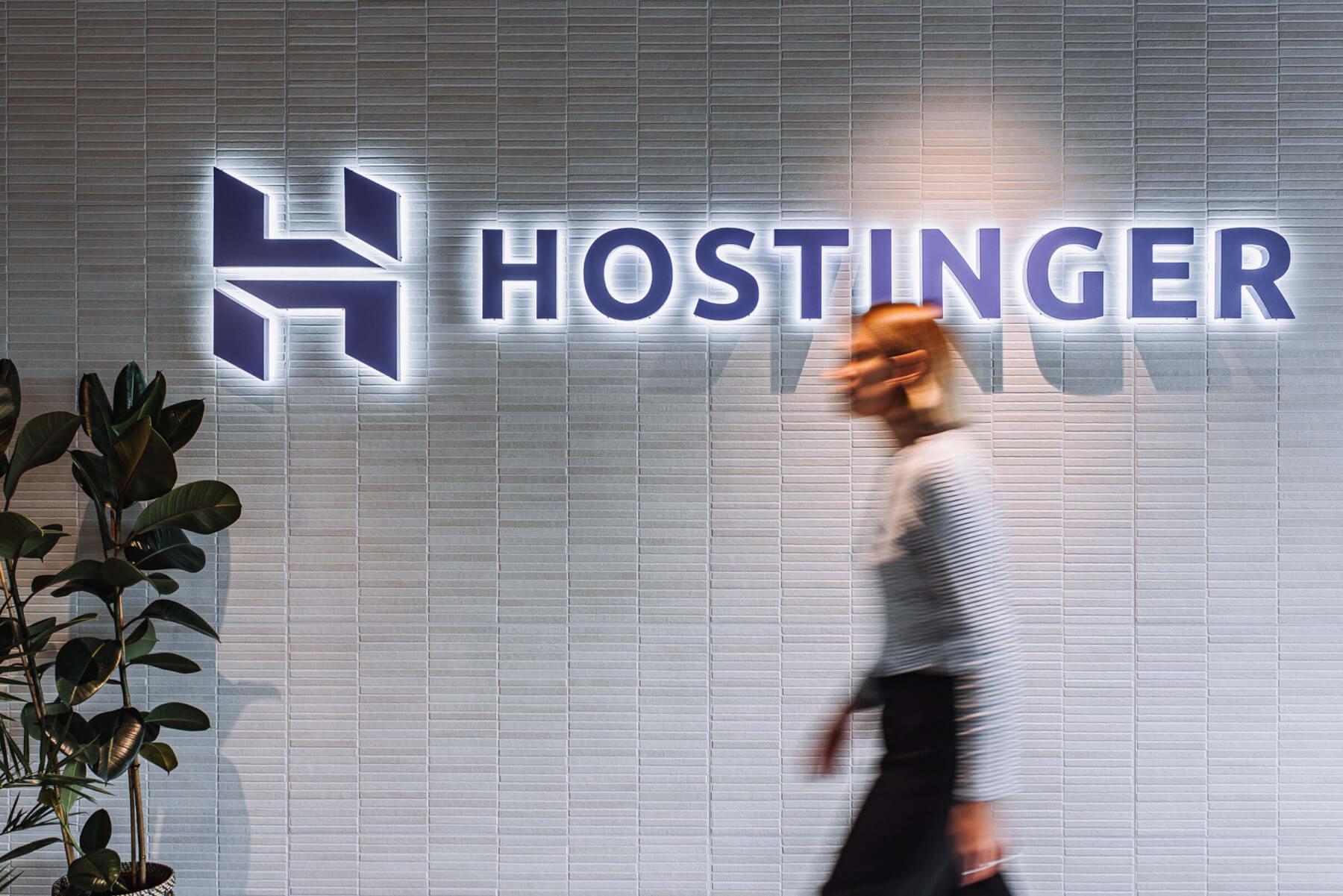
The Verdict: Which One Should You Choose?
When it comes to choosing between Hostinger and Web Hosting Hub, the decision ultimately hinges on your specific needs and preferences. Each provider has its unique set of features and advantages, making them suitable for different types of users. Let’s dive into some key factors to consider before making your choice.
Cost and Value:
- Hostinger is known for its affordability, offering plans that are budget-friendly without sacrificing essential features.
- Web Hosting Hub, while slightly more expensive, provides unlimited storage and bandwidth, which can be a game-changer for growing websites.
Performance and Uptime:
Performance is critical for any website. Hostinger boasts impressive speeds with an average uptime of 99.9%, thanks to its robust infrastructure. On the other hand, Web Hosting Hub also delivers reliable uptime and has a reputation for its fast customer support that can help resolve issues quickly, ensuring minimal downtime.
User Experience:
Both platforms strive to provide an intuitive user experience, but they cater to different audiences:
- Hostinger features a customized control panel that is user-friendly, making it ideal for beginners.
- Web Hosting Hub uses cPanel, which is familiar to many seasoned users and offers extensive functionalities.
Customer Support:
Reliable customer support can make a world of difference, especially if you are not tech-savvy. Hostinger offers 24/7 support via live chat and tickets, which is generally quick and helpful. Web Hosting Hub, however, takes pride in its U.S.-based support agents, who are available via live chat and phone, providing a more personal touch that some users might prefer.
Scalability:
If you anticipate significant growth for your website, consider how each host accommodates scaling:
- Hostinger offers a range of plans that make upgrading seamless as your website grows.
- Web Hosting Hub provides easy migration options, ensuring that moving to a higher plan is hassle-free.
Conclusion:
| Feature | Hostinger | Web Hosting Hub |
|---|---|---|
| Starting Price | Low | Medium |
| Uptime | 99.9% | 99.9% |
| Control Panel | Custom | cPanel |
| Support Type | 24/7 Live Chat | 24/7 Phone and Chat |
| Ideal For | Beginners | Experienced Users |
Both Hostinger and Web Hosting Hub are solid choices, but the right fit will depend on what you prioritize. If you’re looking for budget-friendly options with great performance and ease of use, Hostinger is your go-to. However, if you value excellent customer service and don’t mind spending a bit more for unlimited resources, Web Hosting Hub might be the better option for you.
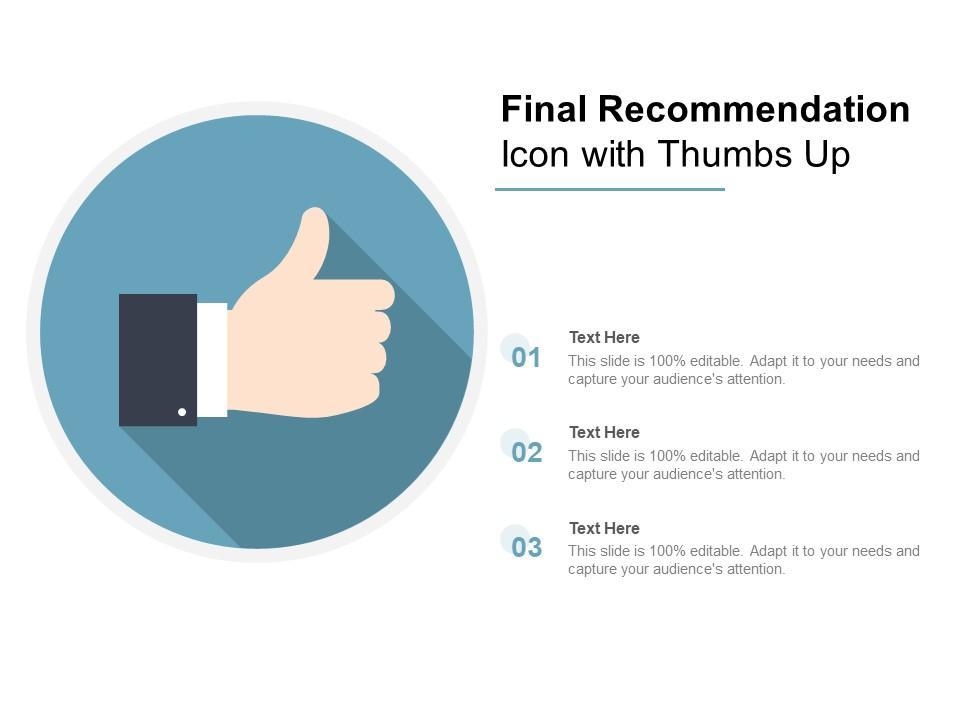
Final Recommendations Based on Your Needs
When it comes to choosing between Hostinger and Web Hosting Hub, your specific needs will play a crucial role in determining the best fit for your website. Here’s a closer look at recommendations tailored to different user scenarios.
If you’re looking for budget-friendly options:
- Hostinger is renowned for its low-cost plans, making it an excellent choice for startups or personal projects.
- Look for promotional offers that can reduce initial costs even further, especially if you are willing to commit to a longer-term plan.
If scalability is a priority:
- Hostinger offers a variety of plans that allow easy upgrades as your website grows. This is perfect for businesses that anticipate rapid growth.
- Web Hosting Hub provides the flexibility of shared hosting that can transition to VPS or dedicated servers, but may require a bit more foresight in planning your hosting needs.
If customer support is a key factor:
- Web Hosting Hub excels in customer service with 24/7 support via phone, live chat, and a wealth of resources to guide you through any issues.
- Hostinger also offers support but primarily through online chat and tickets, which might not be as immediate as phone support.
If you’re a beginner:
- Web Hosting Hub provides a user-friendly interface and a comprehensive knowledge base, making it easier for newcomers to navigate their hosting experience.
- Hostinger, while also beginner-friendly with its custom dashboard, may require a bit more technical understanding, so consider your comfort level.
| Feature | Hostinger | Web Hosting Hub |
|---|---|---|
| Pricing | Starting at $1.99/month | Starting at $4.99/month |
| Customer Support | 24/7 chat & tickets | 24/7 phone & chat |
| Scalability | Easy upgrades | Shared to VPS/Dedicated |
| User Interface | Custom dashboard | Beginner-friendly |
If you prioritize performance:
- Hostinger utilizes LiteSpeed servers, which are optimized for speed, resulting in faster load times – a crucial factor for SEO and user experience.
- Web Hosting Hub also offers solid performance, but might lag slightly behind Hostinger in terms of speed due to different server configurations.
choosing between Hostinger and Web Hosting Hub boils down to evaluating your unique needs and priorities. Whether it’s cost, support, scalability, or performance, both have strengths that cater to different types of users. Take the time to assess your requirements, and you’re likely to find the right hosting partner for your 2024 web presence.

User Reviews: What Are Real Customers Saying?
When it comes to choosing a web hosting service, nothing speaks louder than the voices of actual users. Let’s dive into what customers are really saying about Hostinger and Web Hosting Hub in 2024.
Hostinger has garnered praise for its affordability and user-friendly interface. Many customers appreciate the seamless setup process, which allows even beginners to get their websites up and running in no time. Here’s a snapshot of what users have highlighted:
- Exceptional value for money – Numerous reviews point out that Hostinger offers competitive pricing without compromising on performance.
- Fast loading speeds – Users frequently mention that their sites load quickly, which is crucial for user experience and SEO.
- Helpful customer support – The 24/7 support has received high marks, especially for its responsiveness and knowledge.
On the flip side, some users have reported concerns about Web Hosting Hub. While there are certainly positive testimonials, a few common themes emerge:
- Limited resources - Several customers note that shared hosting plans can feel restrictive, particularly as their sites grow.
- Higher price point – Users have expressed that while the features are solid, the cost can be a bit steep compared to competitors.
- Mixed reviews on uptime – A handful of customers have experienced occasional downtime, which can be a dealbreaker for some businesses.
Let’s break things down further with a quick comparison of user satisfaction based on various aspects:
| Feature | Hostinger | Web Hosting Hub |
|---|---|---|
| Pricing | ⭐️⭐️⭐️⭐️⭐️ | ⭐️⭐️⭐️ |
| Customer Support | ⭐️⭐️⭐️⭐️⭐️ | ⭐️⭐️⭐️⭐️ |
| Performance | ⭐️⭐️⭐️⭐️⭐️ | ⭐️⭐️⭐️ |
| Ease of Use | ⭐️⭐️⭐️⭐️⭐️ | ⭐️⭐️⭐️⭐️ |
while Hostinger tends to shine with its budget-friendly options and robust support, Web Hosting Hub holds its own with solid features for those willing to invest a bit more. Ultimately, the choice between the two may come down to specific needs and budget considerations. Make sure to read several user reviews and assess what others in your industry have found most beneficial.

Future-Proofing Your Website: Long-Term Considerations
When planning for the longevity of your website, it’s crucial to consider various factors that will impact its performance and adaptability over time. A well-thought-out approach can safeguard your online presence against the rapidly changing digital environment. Here are some key areas to focus on:
- Scalability: Select a hosting provider that can accommodate your growth. As your audience expands, your website’s needs will change. Opt for flexible plans that allow you to upgrade resources easily.
- Technology Stack: Stay updated with the latest technologies. Choose hosting solutions that support the latest PHP versions, content management systems, and development frameworks. This ensures your site remains secure and efficient.
- Responsive Design: Ensure your website is mobile-friendly. With the increasing use of smartphones, a responsive design is not just a nice-to-have; it’s essential for user experience and SEO.
- Performance Optimization: Invest in tools and practices that boost site speed. Fast-loading pages improve user experience and can significantly affect your search rankings.
- Regular Backups: Implement a robust backup strategy. A reliable web host should offer automated backups, allowing you to restore your site easily in case of issues.
Additionally, consider the support services offered by your hosting provider. Reliable customer support can be a game-changer when technical challenges arise. Here’s a glance at support features to look for:
| Support Feature | Importance |
|---|---|
| 24/7 Live Chat | Instant assistance for urgent issues. |
| Tutorials and Documentation | Helps users troubleshoot independently. |
| Phone Support | Personalized help for complex problems. |
Another important aspect to consider is security. Cyber threats evolve rapidly, making it imperative to choose a host that prioritizes security measures such as:
- SSL Certificates: Essential for encrypting data and building trust with users.
- Firewall Protection: Prevents unauthorized access and attacks on your site.
- Regular Security Audits: Ensures vulnerabilities are identified and patched promptly.
think about your content strategy. Regularly updating your site with fresh, engaging content keeps visitors coming back and improves your SEO. A content management system that’s easy to use will facilitate this process without requiring constant technical intervention.
By focusing on these long-term considerations, you can future-proof your website, ensuring it remains a valuable asset for years to come, regardless of the hosting solution you choose.
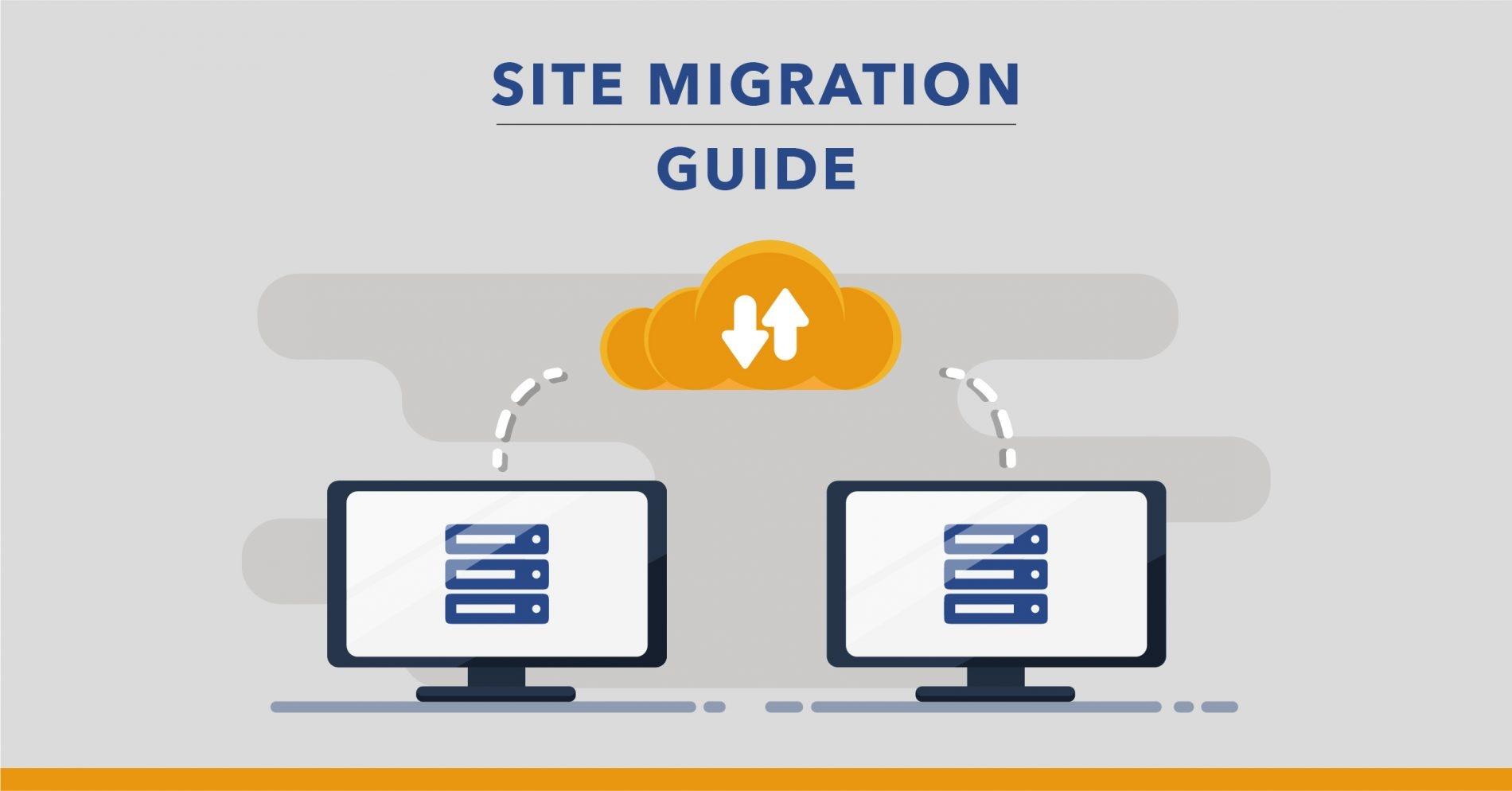
Making the Switch: Tips for Migrating Your Site
Switching your website hosting can feel like a daunting task, but with the right approach, it can also be a smooth and straightforward process. Here are some essential tips to guide you through your migration from your current host to either Hostinger or Web Hosting Hub in 2024.
1. Plan Your Migration
Before you jump into the migration process, take the time to plan. Identify your website’s critical components, such as databases, files, emails, and any necessary backups. A thorough plan ensures you don’t miss anything important during the switch.
2. Choose the Right Time
Select a low-traffic time for the migration. This minimizes disruption for your visitors and allows for a more manageable transfer. Weekends or late evenings are often ideal, depending on your audience.
3. Backup Everything
Before making any changes, create full backups of your website. This includes:
- Website Files: Use an FTP client or your hosting control panel to download all website files.
- Databases: Export your databases through phpMyAdmin or similar tools.
- Email Accounts: Backup any important emails and settings associated with your domain.
4. Check Compatibility
Ensure that your new host supports all the technologies your website uses, such as PHP versions, databases (MySQL, PostgreSQL), and SSL certificates. Both Hostinger and Web Hosting Hub offer extensive documentation to help you confirm compatibility.
5. Migrate Your Content
After ensuring everything is backed up and compatible, you can start migrating your content. Depending on the platform you’ve used to build your site, the migration process may vary. If you’re on WordPress, consider using plugins like All-in-One WP Migration or Duplicator to streamline the transfer.
6. Update DNS Settings
Once your files and databases are moved to the new host, you’ll need to update your Domain Name System (DNS) settings. This involves pointing your domain to the new host’s servers. Changes can take a few hours to propagate, so be patient.
7. Test Your Site
After the DNS updates have propagated, thoroughly test your website. Check for broken links, images, and functionality. This is your opportunity to ensure everything is operating as it should before your audience notices any changes.
8. Monitor Performance
Keep an eye on your site’s performance in the days following the migration. Utilize tools like Google Analytics and Search Console to monitor traffic and indexing. If issues arise, both Hostinger and Web Hosting Hub offer support that can help you troubleshoot and resolve any problems quickly.
| Feature | Hostinger | Web Hosting Hub |
|---|---|---|
| Uptime Guarantee | 99.9% | 99.9% |
| Free SSL | Yes | Yes |
| Customer Support | 24/7 Chat | 24/7 Phone & Chat |

Conclusion: Finding Your Perfect Hosting Partner
Choosing the right hosting provider can feel like a daunting task, especially with so many options available. Both Hostinger and Web Hosting Hub offer unique features that can cater to different needs. To determine your perfect hosting partner, consider what truly matters for your website’s success.
First and foremost, evaluate your specific requirements:
- Performance: Look for a host that guarantees fast loading times and minimal downtime.
- Customer Support: Reliable support can make all the difference, especially if you hit a snag.
- Scalability: As your website grows, your hosting needs may evolve. Choose a provider that can grow with you.
- Budget: Assess your financial flexibility and find a provider that offers value without compromising quality.
Next, think about the features that are most important to you. For instance, if you’re looking for a user-friendly interface, Hostinger’s control panel might stand out. On the other hand, if you prioritize unlimited storage or bandwidth, Web Hosting Hub could be the better fit. It’s important to align your priorities with what each provider offers.
When comparing plans, don’t just focus on the initial price. Check for hidden fees, renewal rates, and what the plan actually includes:
| Feature | Hostinger | Web Hosting Hub |
|---|---|---|
| Starting Price | $1.99/month | $4.99/month |
| Free Domain | Yes, for the first year | Yes, for the first year |
| Bandwidth | Unmetered | Unlimited |
| Money-Back Guarantee | 30 days | 90 days |
don’t overlook user reviews and testimonials. Real-life experiences can provide valuable insights into a host’s reliability and service quality. Engage in forums or community discussions to gather opinions and advice that resonate with your needs.
Ultimately, the best hosting partner is one that aligns with your goals, supports your vision, and empowers you to create a seamless online experience. Take your time to weigh the pros and cons, and trust your instincts—finding the right host is not just about the features, but about building a partnership that lasts.
Frequently Asked Questions (FAQ)
Q&A: Hostinger vs Web Hosting Hub – Your Ultimate Guide for 2024
Q: What are Hostinger and Web Hosting Hub?
A: Great question! Hostinger and Web Hosting Hub are both popular web hosting services. Hostinger is known for its affordable pricing and high performance, particularly for beginners and small businesses. Web Hosting Hub, on the other hand, is often praised for its customer support and user-friendly features, making it a great choice for those who want a hassle-free experience.
Q: Which one is more affordable?
A: If you’re looking for budget-friendly options, Hostinger often takes the lead with some of the lowest prices in the market. They offer various plans starting at just a few dollars a month! However, Web Hosting Hub is also reasonably priced, though it tends to be a bit higher than Hostinger. If saving money is a priority for you, Hostinger might be the way to go.
Q: How do their performance and uptime compare?
A: Performance is crucial, and both providers perform well in this area. Hostinger boasts a 99.9% uptime guarantee and impressive loading speeds, which is fantastic for keeping your website visitors happy. Web Hosting Hub also offers a solid uptime guarantee, but some users find Hostinger’s performance to be slightly superior, especially for resource-heavy sites.
Q: What about customer support?
A: This is where Web Hosting Hub shines! They are well-known for their customer support, providing 24/7 assistance via live chat and phone, which can be invaluable for those who may not be tech-savvy. Hostinger also offers 24/7 support, but many users have reported longer wait times. If immediate assistance is a deal-breaker for you, Web Hosting Hub might be the better choice.
Q: Are there any limitations with either service?
A: Yes, both have their limitations. Hostinger’s main limitation is that some advanced features may be lacking compared to other providers, which might be a drawback for more experienced users. Web Hosting Hub has a cap on storage space with some of its plans, so if you anticipate needing a lot of space, you’ll want to check their limits carefully.
Q: Which one is better for WordPress hosting?
A: If you’re specifically interested in WordPress hosting, Hostinger often has the edge due to its optimized plans that are tailored for WordPress users. They provide easy installation and manageability. However, Web Hosting Hub also supports WordPress and offers one-click installs, so you can’t go wrong either way.
Q: What about website migration?
A: Both providers offer website migration assistance, but the ease of migration can vary. Hostinger has a straightforward migration process for new users, while Web Hosting Hub often receives positive reviews for its migration support. If you plan to move an existing site, Web Hosting Hub could be your go-to for a smoother transition.
Q: Which one should I choose for e-commerce?
A: If you’re planning to launch an e-commerce site, Hostinger is a fantastic option due to its affordable pricing and features tailored for online stores. However, Web Hosting Hub also supports e-commerce functionalities, with great customer support to help you set things up. It ultimately depends on your specific needs and budget!
Q: which is better, Hostinger or Web Hosting Hub?
A: It really depends on what you value most! If you’re looking for the best price and excellent performance, Hostinger is probably your best bet. However, if you prioritize customer support and an easy-to-use interface, Web Hosting Hub might be the way to go. Assess your needs, and you’ll find the perfect fit for your web hosting journey in 2024!
To Wrap It Up
As we wrap up our deep dive into Hostinger vs. Web Hosting Hub, it’s clear that both hosting providers have their unique strengths and cater to different needs. If you’re looking for affordability without sacrificing quality, Hostinger might just be your best bet, especially for those starting out or running smaller projects. On the other hand, if you value customer support and are ready to invest a bit more for enhanced features, Web Hosting Hub could be the perfect fit for your growing website.
Ultimately, the right choice for you boils down to your specific requirements and budget. Take a moment to reflect on what you truly need from a web host. Whether you’re launching a personal blog or building a robust e-commerce site, choosing the right hosting partner can make all the difference in your online success.
So, are you ready to take the plunge? Whichever provider you choose, make sure it aligns with your goals for 2024 and beyond. Happy hosting!



